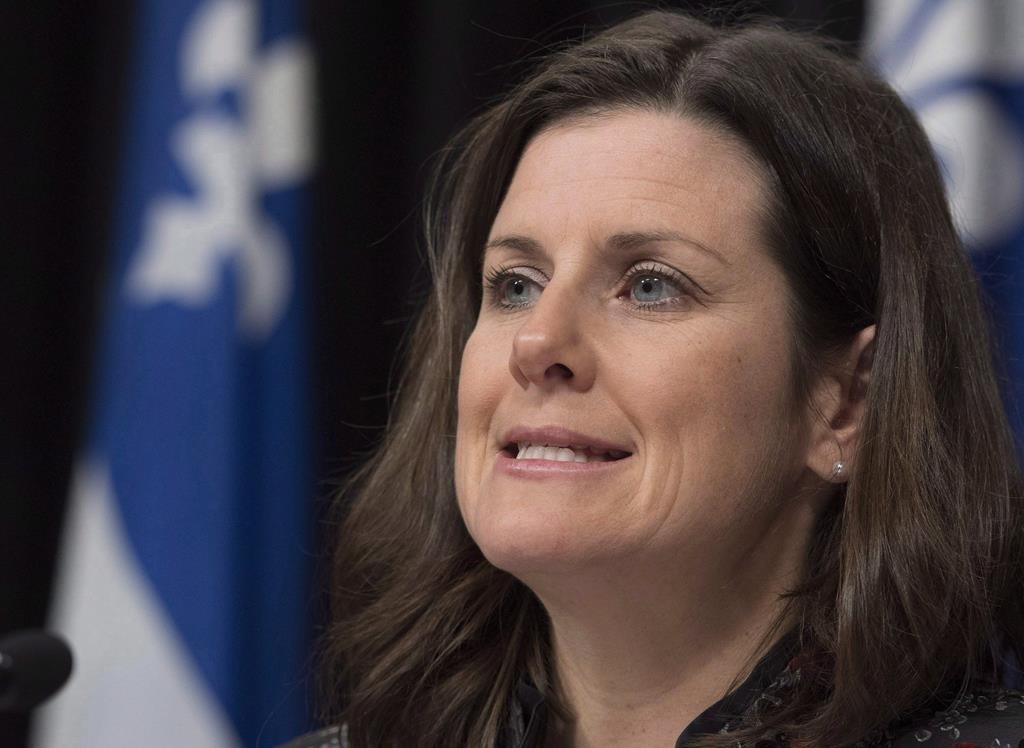Support strong Canadian climate journalism for 2025
Quebec's law society is heading to court to challenge the way the provincial government goes about drafting and passing laws.
The Quebec Bar Association, along with the Montreal bar, said the current process is flawed and doesn't respect the Canadian Constitution, making the province's laws and decrees null and void.
In a motion filed last Friday and that names national assembly Speaker Jacques Chagnon and Justice Minister Stephanie Vallée, the bars state the problem is the laws are drafted in French and then translated into English only after the fact instead of simultaneously.
The bars argue legislators therefore never get to see the English version before a bill is passed.
According to an interpretation of Art. 133 of the 1867 British North America Act, while either language may be used in debates and pleadings, laws must be adopted in both English and French.
The bars say the resulting legislation deprives all Quebec litigants of the right to the same version of the law in accordance with constitutional norms.
In response, Valle told reporters at an event in her riding Monday the province intends to contest the bars' challenge and their opinions on tardy translations.
"I think it's important for citizens to know that laws are tabled, adopted and sanctioned in both official languages," Vallee said. "The Quebec government respects its constitutional obligations and, obviously, we do not at all share the opinions of the Quebec bar."
The bars gave the example of the adoption of a revision of Quebec's Civil Code, which was sanctioned in February 2014. The English version wasn't available until a month later.
"The English version ... is not the work of the legislator, but rather the result of the interpretation made by the translators of the national assembly," the bars wrote in their brief.
"It does not express the will of the legislator, because the legislator has never studied the English version."
As a result, the bars noted there were three subsequent revisions in May 2014, December 2015 and December 2016 to correct mistakes.
The bars said they have tried over the years to find an out-of-court resolution that ensures Quebec respects constitutional guarantees.
That included a meeting last month, but the filing noted there was no solution.
In a motion seeking a declaratory judgment, the bars are asking the court to recommend the province be granted 18 months to set up a new translation arrangement.
As the matter is before the courts, the bars declined further comment.





Comments